Crystal World
Arianna Molina, Matteo Volonterio
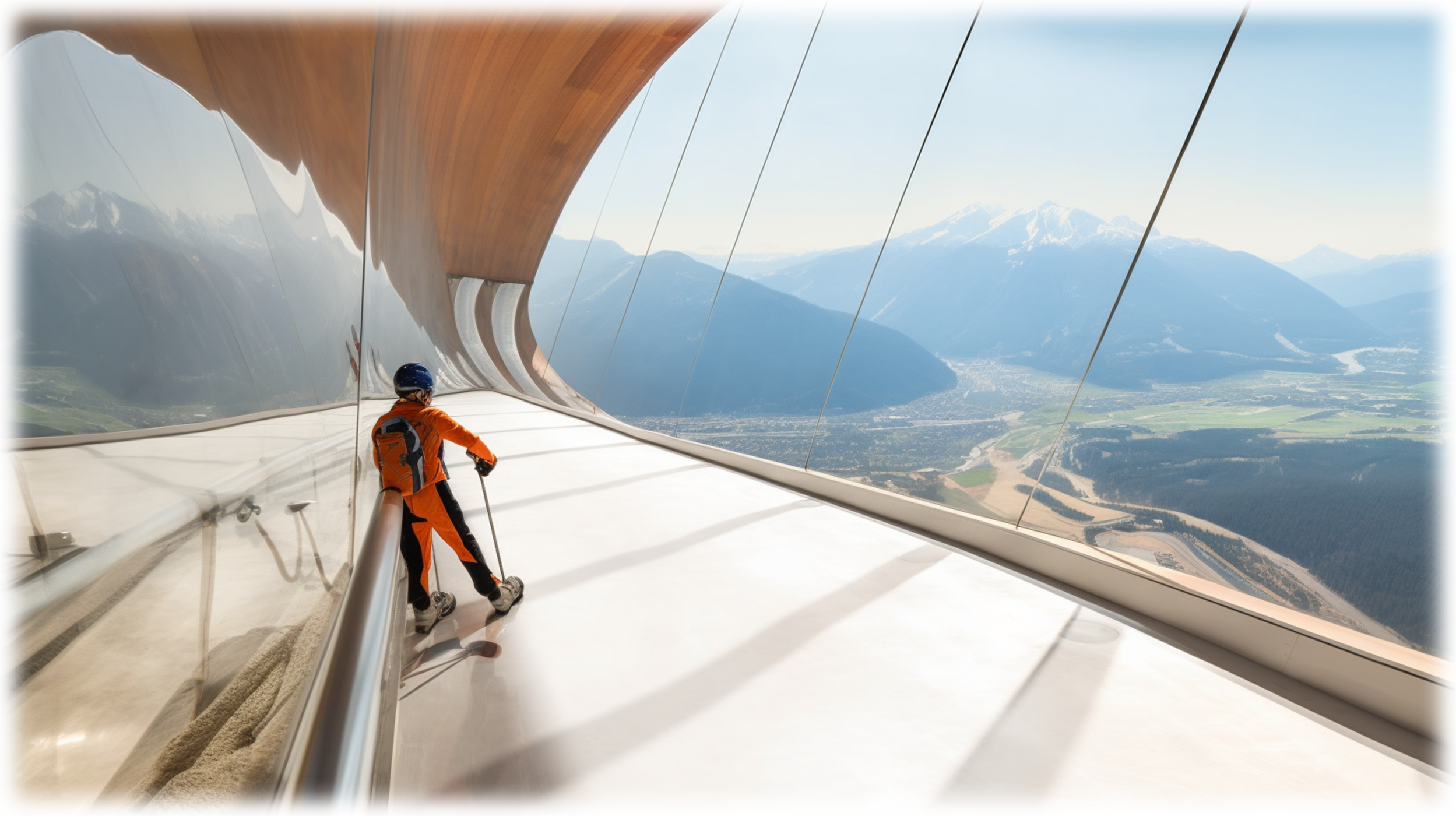
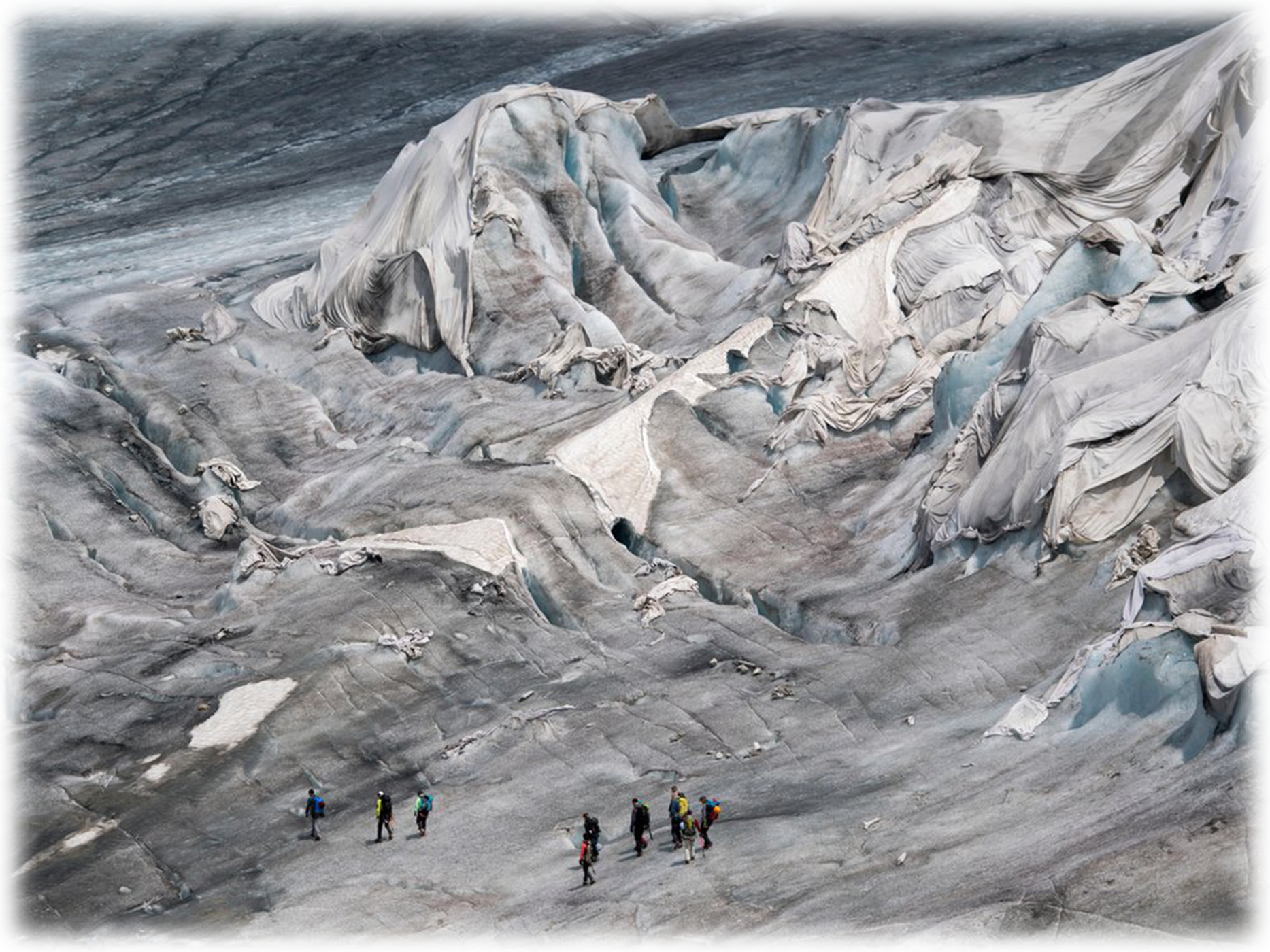
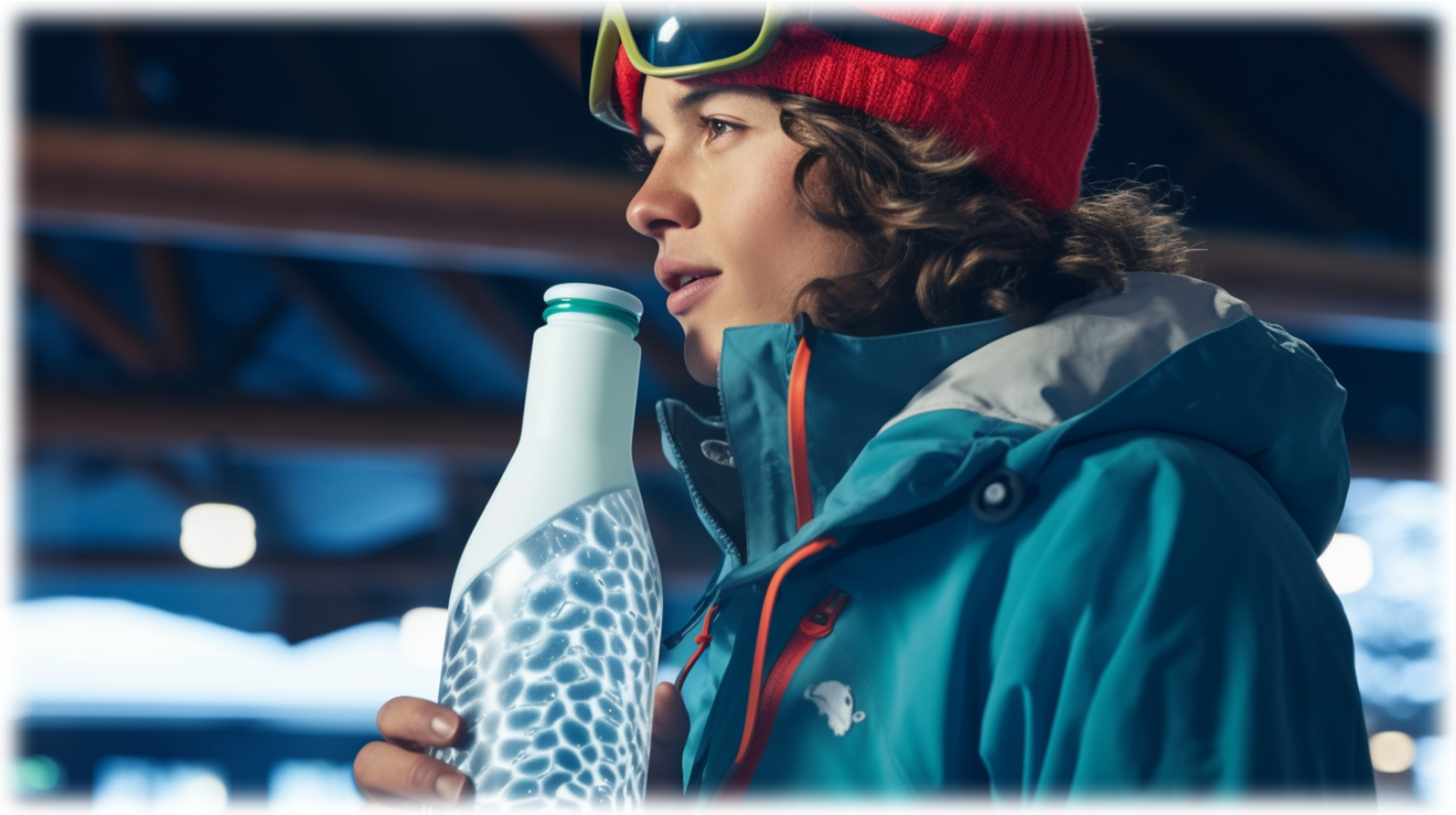
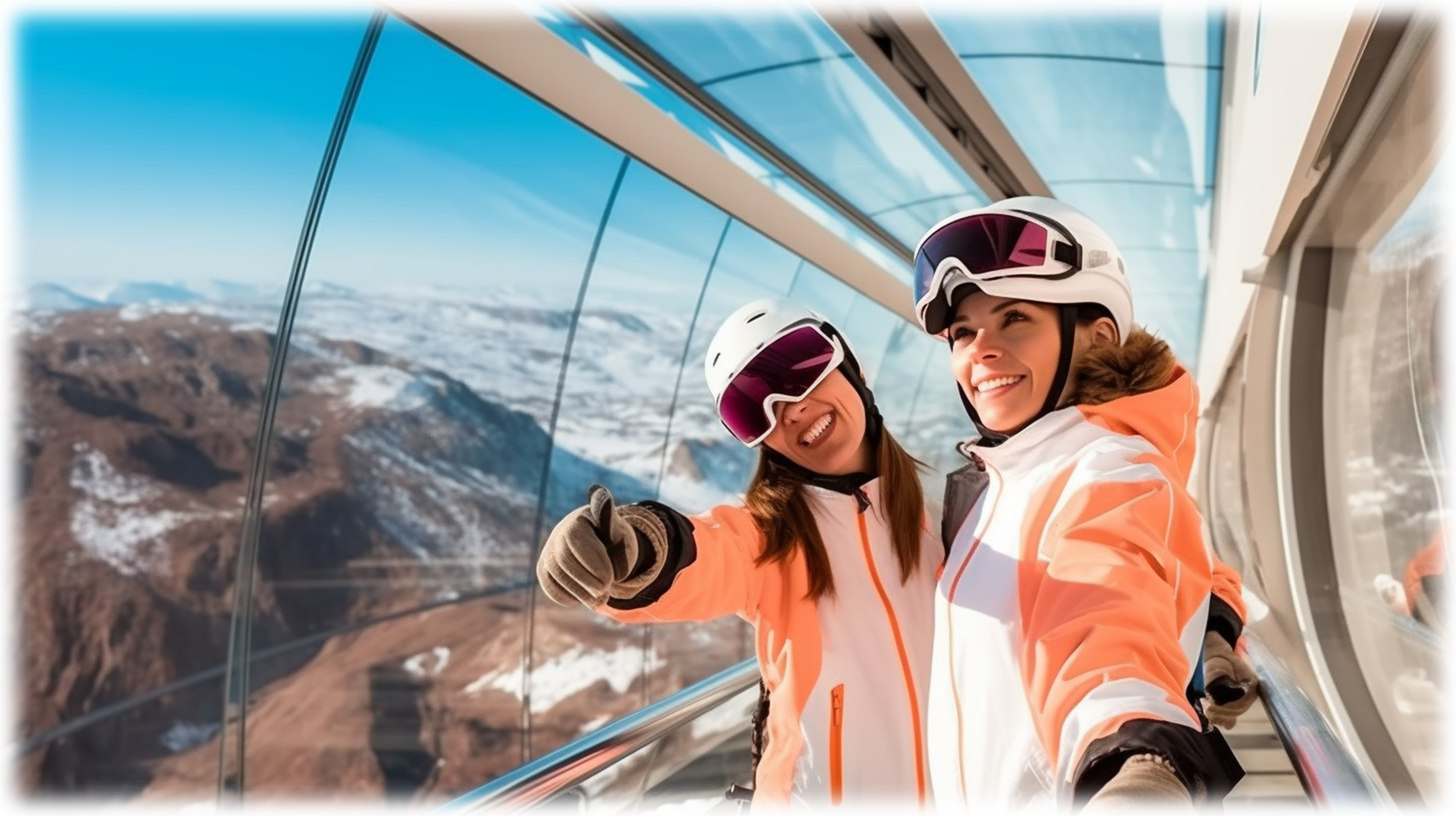

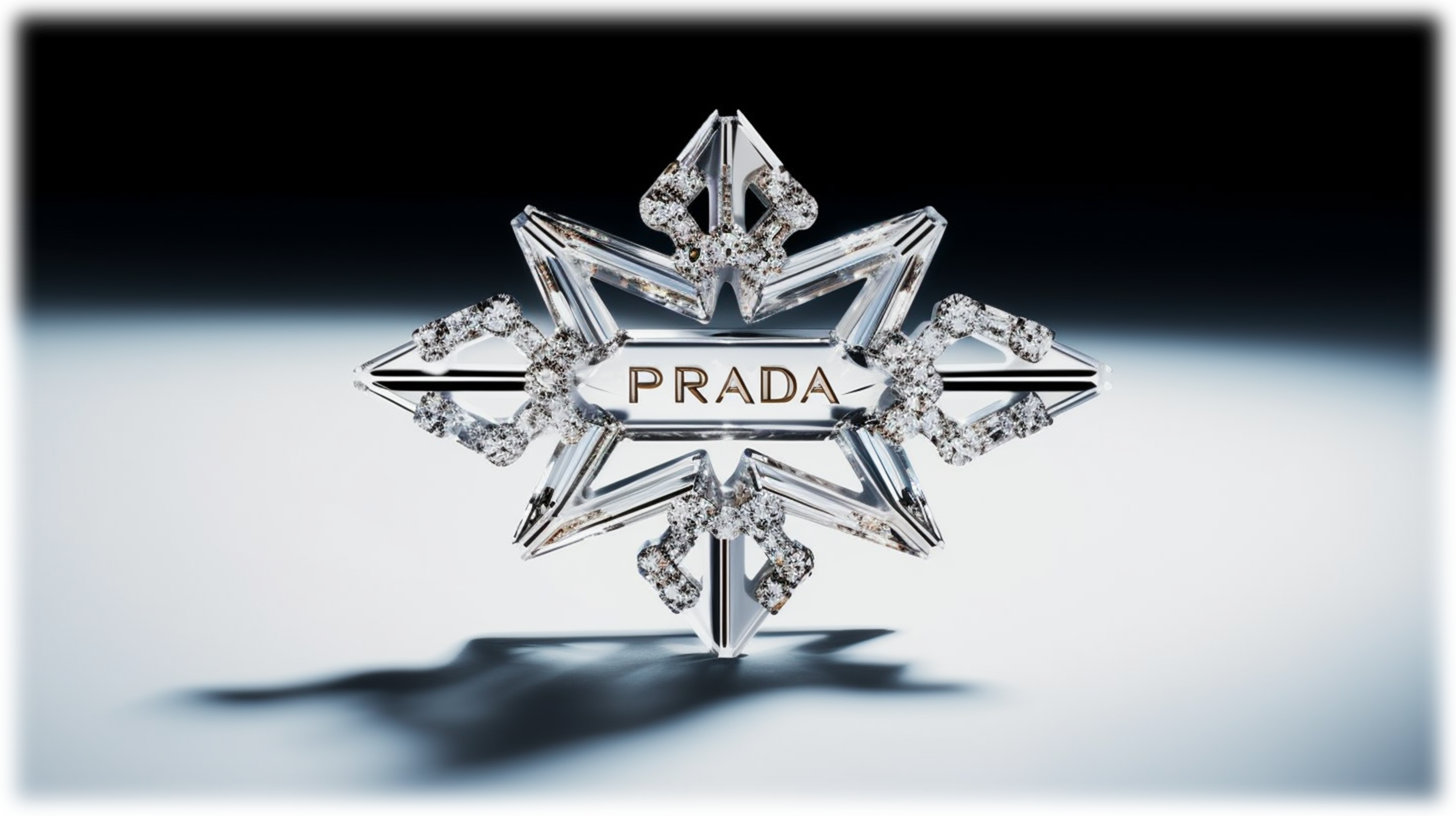
Our research starts by looking at snow. Under the right conditions, snow crystals form slowly in the air and with time they accumulate into glaciers – massive water reservoirs that contain seventy percent of the freshwater on the planet. Through the themes of artificiality and hibernation, we’ve researched the numerous and ambitious attempts made to save them from their imminent melting. These attempts to slow down glacier loss extend throughout the planet and range from low to high-tech solutions. One of the most interesting strategies is represented by Ice Stupas, widely used in Ladakh – artificial glaciers that turn into freshwater for use in local agriculture in the Summer.
Another popular tactic we encountered involves covering glaciers with artificial snow to raise their albedo, increasing their reflective properties, and thus creating a protective layer across their surface. However, this method results in a huge waste of energy and freshwater, making it quite paradoxical. Shouldn’t the main purpose of preserving glaciers be to save water reservoirs in the first place? Instead, it seems many of these projects have been developed with the goal of preserving the skiing industry and winter-sport tourism in the Alps. This dramatic reality highlights the implicit contradictions of a system that wants to survive the climate crisis whilst refusing to give up the practices that caused it.



Inspired by the shocking experience of visiting a completely artificial snow hall in Zoetermeer, the Netherlands, we developed a speculative project that explores a terribly plausible future: snow is no longer treated as a water supply, as a resource, but as a consumable commodity. Crystal World is a brand, like many others, that privatises common goods and sells them as green-washed products, turning the exploiter into a saviour. Realising that there are no technological solutions to a problem that is first and foremost political, we focused on showing how profit-driven technology can turn an essential good into an elitist privilege. With this project our goal is to provoke the question of whether this is the future we really want.